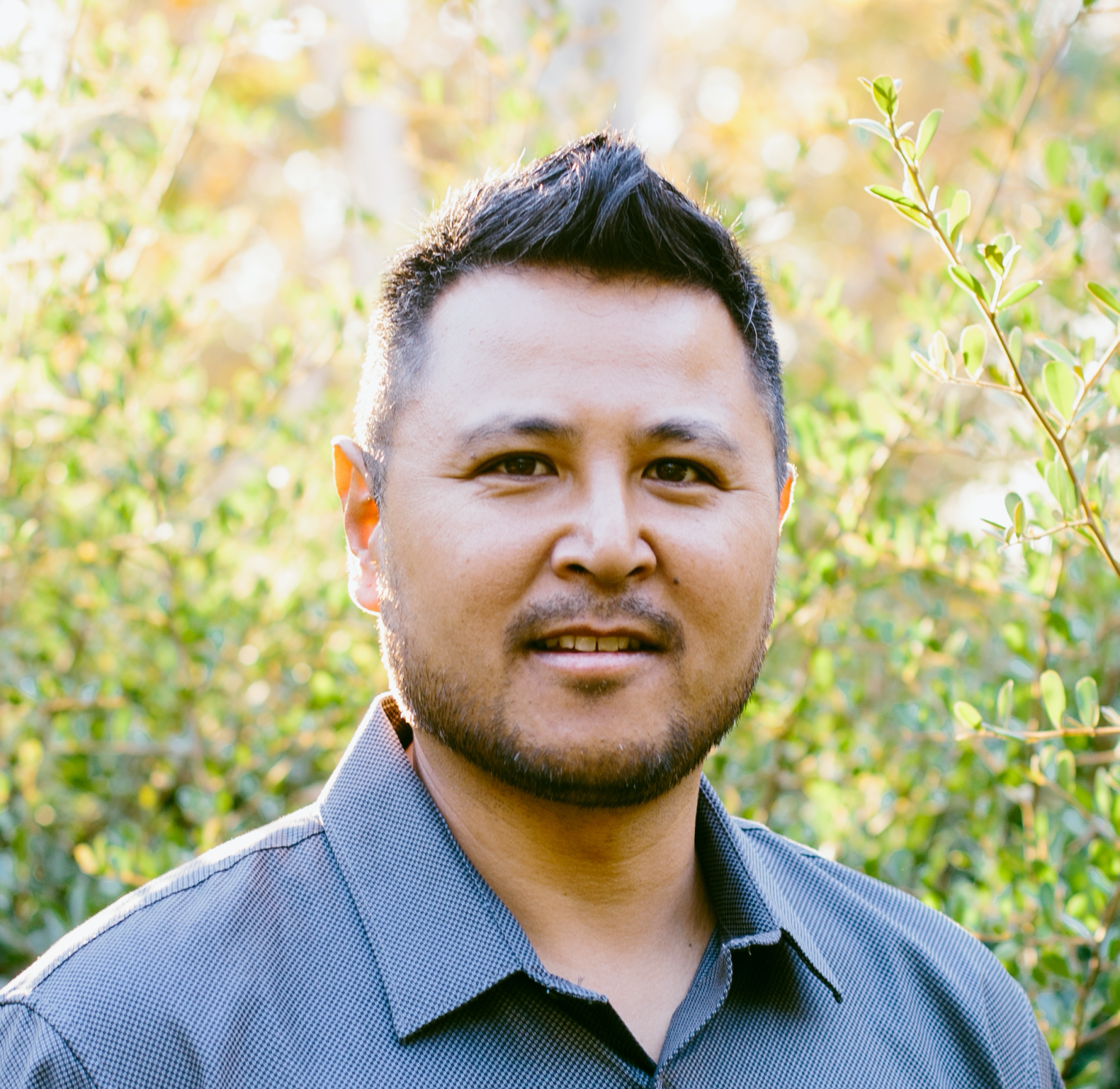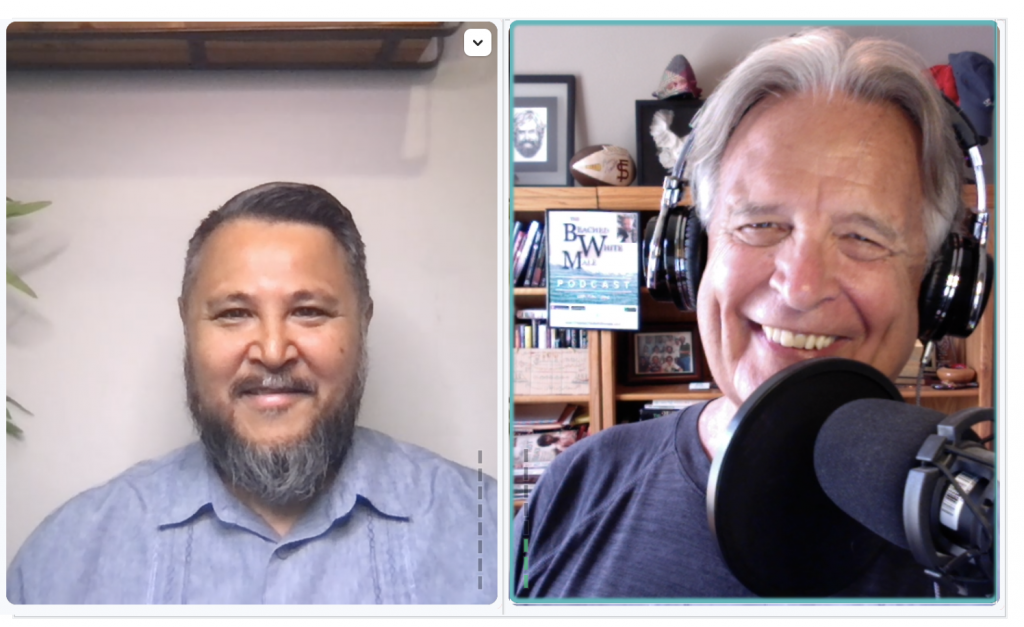

Critical race theory has become a lightning rod in contemporary American politics and evangelical Christianity. This irenic book offers a critical but constructive and sympathetic introduction written from a perspective rooted in Scripture and Christian theology. The authors take us beyond caricatures and misinformation to consider how critical race theory can be an analytical tool to help us understand persistent inequality and injustice–and to see how Christians and churches working for racial justice can engage it in faithful and constructive ways.
The authors explore aspects of critical race theory that resonate with well-trod Christian doctrine but also that challenge or are corrected by Christian theology. They also address the controversial connection that critics see between critical race theory and Marxism. Their aim is to offer objective analysis and critique that go beyond the debates about social identity and the culture wars and aid those who are engaging the issues in Christian life and ministry. The book includes a helpful glossary of key terms.

Interest in and awareness of the demand for social justice as an outworking of the Christian faith is growing. But it is not new.
For five hundred years, Latina/o culture and identity have been shaped by their challenges to the religious, socio-economic, and political status quo, whether in opposition to Spanish colonialism, Latin American dictatorships, US imperialism in Central America, the oppression of farmworkers, or the current exploitation of undocumented immigrants. Christianity has played a significant role in that movement at every stage.
Robert Chao Romero, the son of a Mexican father and a Chinese immigrant mother, explores the history and theology of what he terms the “Brown Church.” Romero considers how this movement has responded to these and other injustices throughout its history by appealing to the belief that God’s vision for redemption includes not only heavenly promises but also the transformation of every aspect of our lives and the world. Walking through this history of activism and faith, readers will discover that Latina/o Christians have a heart after God’s own.